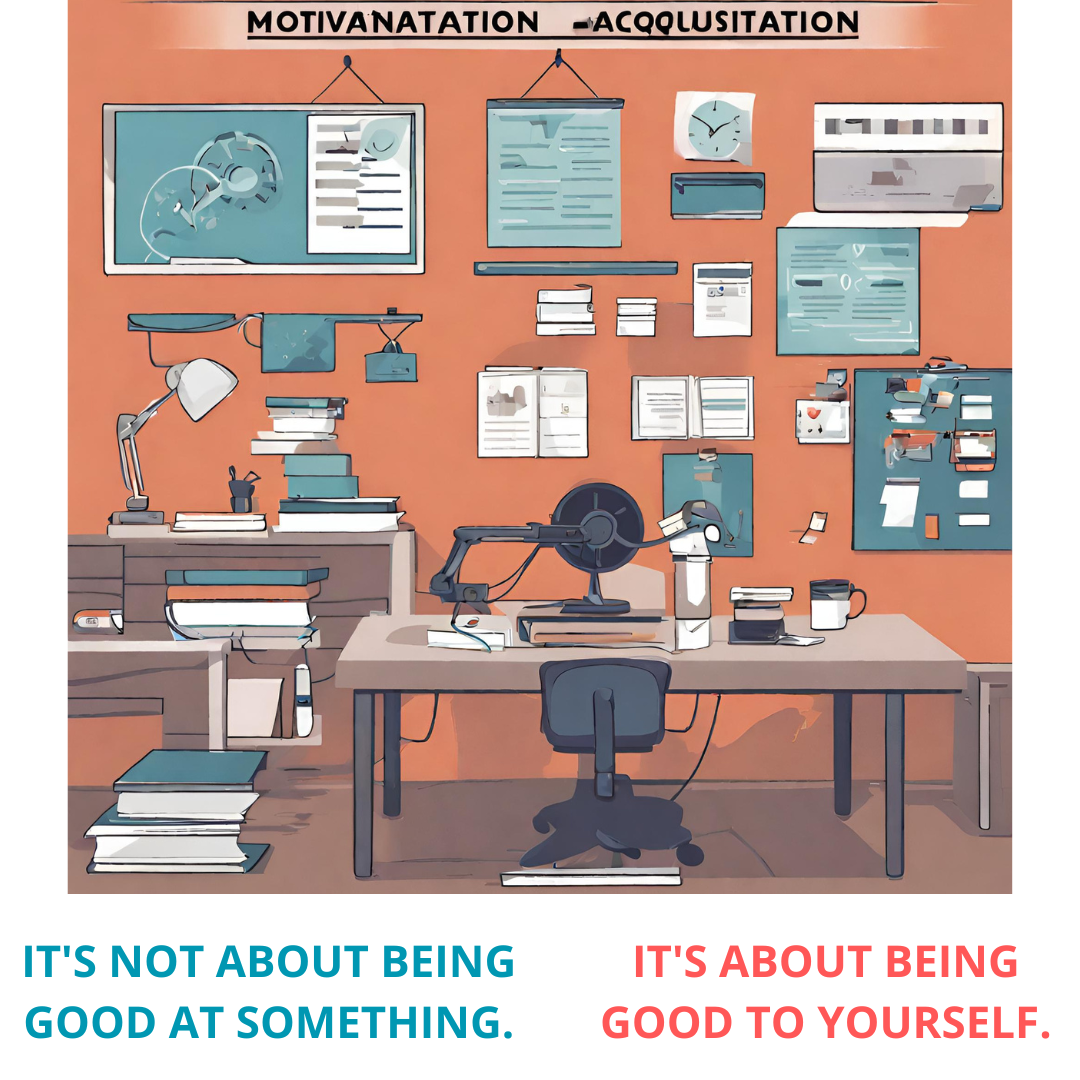Some theoretical notions of what motive acquisition involves and how it can be
effectively promoted in adult have been summarized in the form of twelve propositions.
The propositions are Given below ( McClelland, 1965).
Proposition 1.
The more reasons an individual has in advance to believe that he can, will, or should develop a motive, the more educational attempts designed to develop that motive are likely to succeed.
Proposition 2.
The more an individual perceives that developing a motive is consistent with the demands of reality (and reason), the more educational attempts designed to develop that motive are likely to succeed.
Proposition 3.
The more thoroughly an individual develops and clearly conceptualizes the associative network defining the motive, the more likely he is to develop the motive.
Proposition 4.
The more an individual can link the newly conceptualized association-action complex (or motive) to events in his everyday life, the more likely the motive complex is to influence his thoughts and actions in situations outside the training experience.
Proposition 5.
The more an individual can perceive and experience the newly conceptualized motive as an improvement in the self-image, the more the motive is likely to influence his future thoughts and actions.
Proposition 6.
The more an individual can perceive and experience his newly conceptualized motive as an improvement on prevailing cultural values, the more the motive is likely to influence his future thoughts and actions.
Proposition 7.
The more an individual commits himself to achieving concrete goals in life related to the newly formed motive, the more the motive is likely to influence his future thoughts and actions.
Proposition 8.
The more an individual keeps a record of his progress toward achieving goals to which he is committed, the more the newly formed motive is likely to influence his future thoughts and actions.
Proposition 9.
Changes in motives are more likely to occur in an inter-personal atmosphere in which the individual feels warmly but honestly supported and respected by others as a person capable of guiding and directing his own future behavior.
Proposition 10.
Changes in motives are more likely to occur, more the setting dramatizes the importance of self-study and lifts it out of the routine of everyday life.
Proposition 11.
Changes in motives are more likely to occur and persist if the new motive is a sign of membership in a new reference group.
Proposition 12.
Posted later





